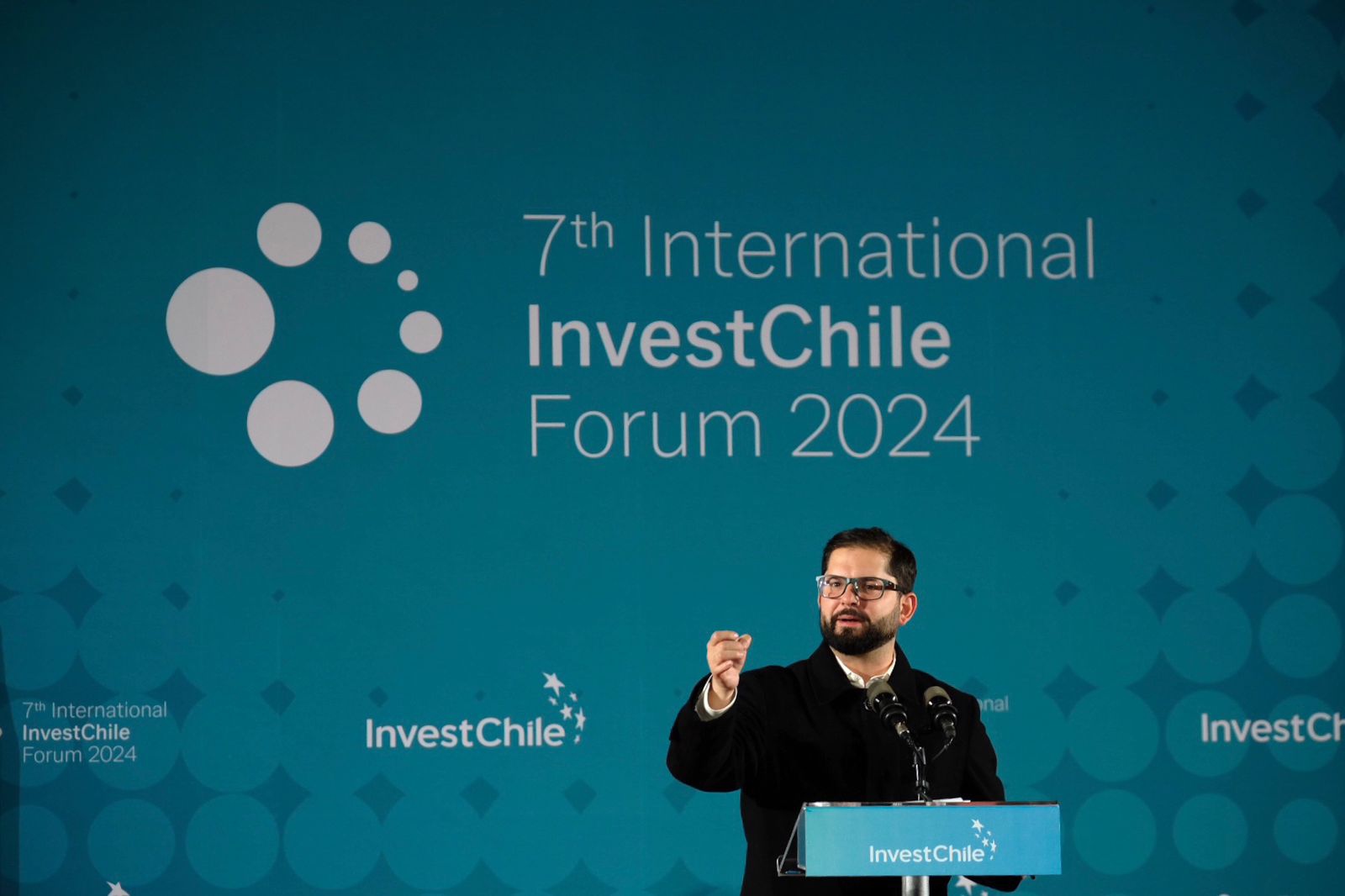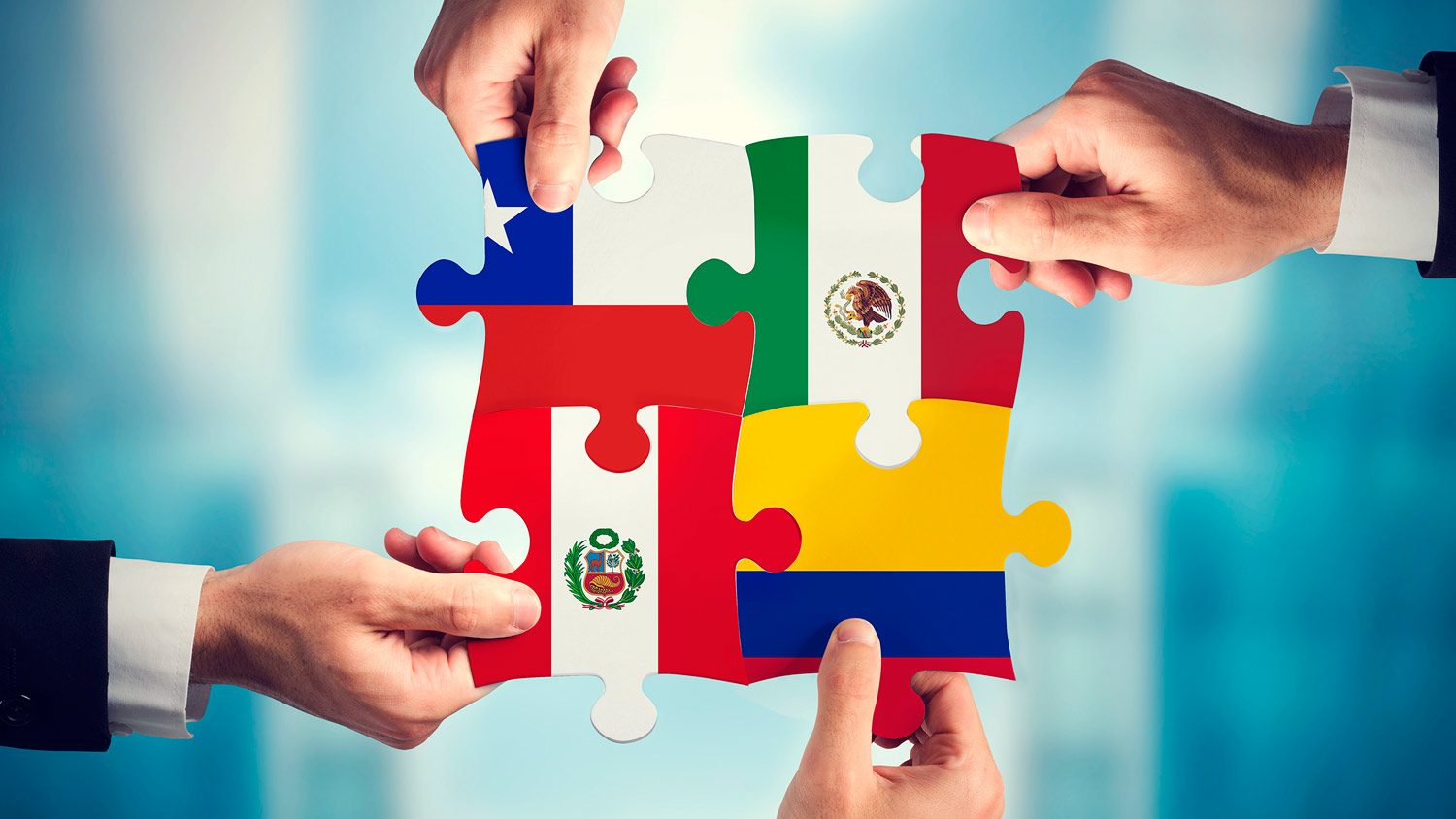
Energy Transition: Chile plays in the major leagues
When President Boric announced Chile’s National Lithium Strategy in April 2023, media outlets thought it was a “nationalization” scheme, and therefore, the news provoked woes among investors. However, this national strategy should not be a surprise. It follows up on Bachelet’s piece of law back in 2017 declaring lithium as a strategic resource, anticipating the times when lithium or “white gold” would be at the center of the strategic energy transition to help countries move into clean energy goals and de-carbonization targets under climate change adverse effects on the Planet.
The EU, for instance, has been working on an ambitious agenda, the Green Deal in 2020 and their Fit for 55 strategies in 2021 (to reduce EU emissions by at least 55% by 2030), and today, with the war in Ukraine, the EU’s excessive reliance on Russian gas has accelerated the EU strategy for renewable energy. Therefore, energy is central to the EU’s national security. EU commits to reach net-zero targets by 2050 and switch from an economy reliant on greenhouse emissions. For the White House, the lithium deposits in the “lithium triangle” (Chile, Bolivia, and Argentina) offer possibilities for FDI in Chile, with American companies using modern technology to extract brine. The Biden administration seeks to reduce emissions by 50% by 2030; lithium-ion batteries are essential to hit this goal. There is a significant demand for lithium-ion batteries to secure a steady energy transition. Lithium-ion batteries are rechargeable, can store a vast amount of energy, and are lightweight, and their sales will continue to increase exponentially in the next few years. Chile also has green energy ambitions to decarbonize its economy, with pioneering projects in solar energy to supply locally and green hydrogen projects to help the transition further.
InvestChile, Chile’s pro-investment agency, created under Bachelet’s 2nd term when the DL 600 and the FUT were scrapped, has recently held its 7th international forum, which gathered key players in the lithium and green hydrogen with a record number of projects worth USD 9 billion. Investors interested in these projects attended both presentially and virtually. The clean energy transition resources are vastly found in Chile in the various salt flats. It is worth noting, however, that brine extraction poses environmental dilemmas that require striking a balance between intensive extraction or larger areas for extraction and the environmental concern. Expect an active civil society engaged in protecting vulnerable or fragile ecosystems at a time of planetary crisis and environmental advocates.
Still, regarding lithium, these are public-private projects following Chile's mission to participate more in the revenues and oversee technology transfers and hubs that bring value-added products that could help Chile transit to the knowledge society. In asking why Asian countries jumped to development, and the lessons for Latin American countries seeking to overcome the Middle Income Trap, engaging in innovation and a different strategy is an inevitable task. Therefore, Boric broke a deal with Soquimich (SQM) in December 2023 for a public-private partnership from 2031 to 2060 whereby the Chilean State (through the national copper company CODELCO) will enjoy a 50,01% participation and will also have a say in the decision-making regarding exploration, exploitation, and value-added products from the extraction industry at the Salar de Atacama salt lake in the north of Chile. SONAMI (SMEs) will also enjoy public-private partnerships with the State for exploitation schemes, as informed in the 7th forum.
At the plenary session, the Secretary-General of the UN Trade and Development (UNCTAD), Rebeca Grynspan, and the Chief Economist for Latin America and the Caribbean at the World Bank, William Maloney, took the floor. Ms. Rebeca Grynspan’s words were remarkable for FDI investment strategists: geopolitics and the international order are intervening variables to be considered more than ever, from nearshoring to reshoring instead of offshoring investment in the last decades.
But with war waging elsewhere, dividing citizens and leaders, to threats to the stability of the international order (USA-China rivalry, the apparent technological decoupling between the USA and China, competition for critical mineral resources, etc.), geopolitics today point to what experts call the end of Pax Americana or the attrition of the American-led order.
In Grynspan’s words, it would not hurt CEOs to add geopolitical training or skills to navigate this transitional period (or, according to some political scientists, hire a political risk analyst to brief on risks, opportunities, and scenarios.)
UNCTAD’s Secretary-General, Ms. Grynspan, mentioned that Chile offers stability and a business climate ideal for clean energy FDI projects.
In other words, good politics can provide governance, and governance means inclusive growth. Ex-president M. Bachelet had already recognized this in her last address to the Nation in 2017, two years before the social upheaval, one that Chile must leave behind through efficient reforms.
Soledad Soza, May 23, 2024.
